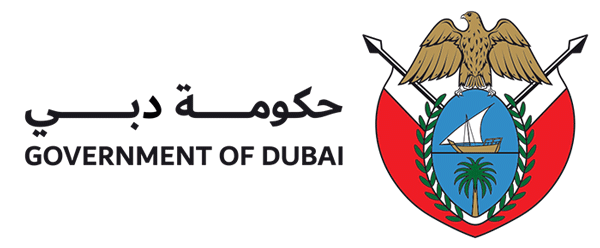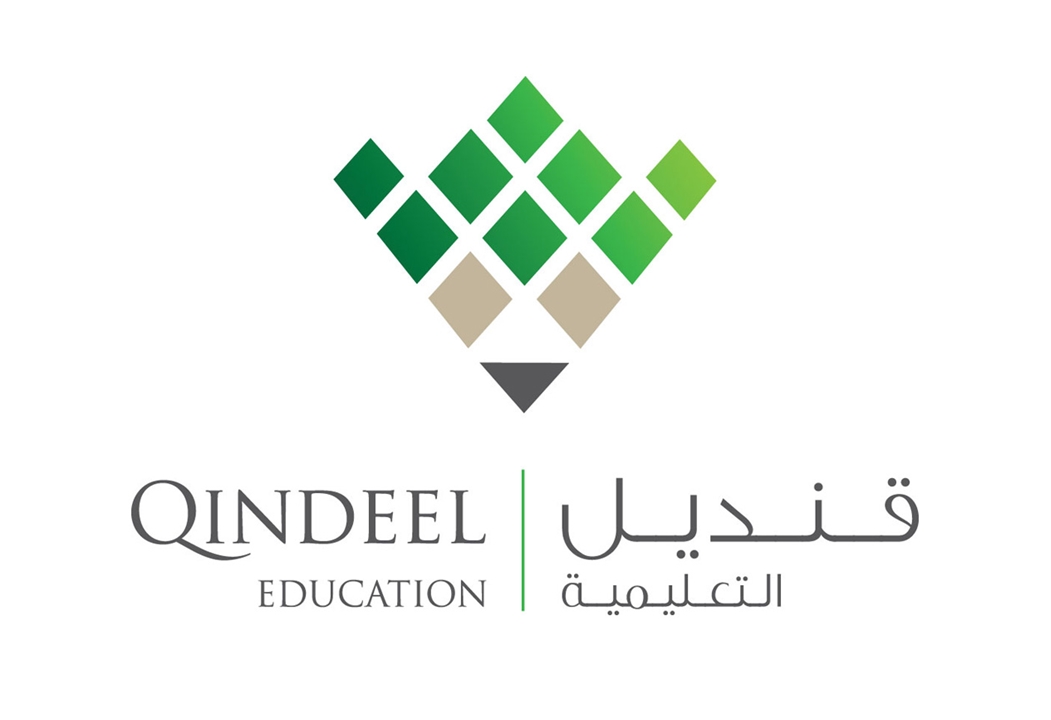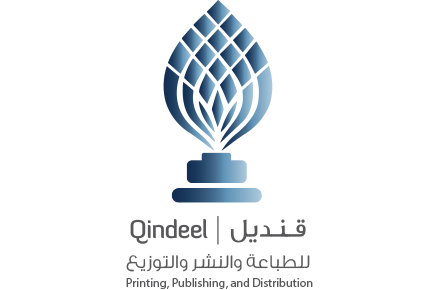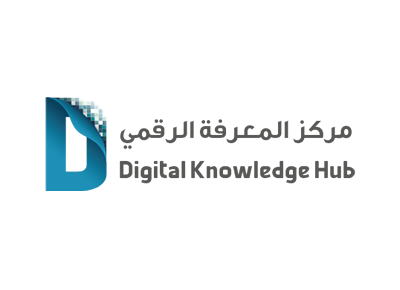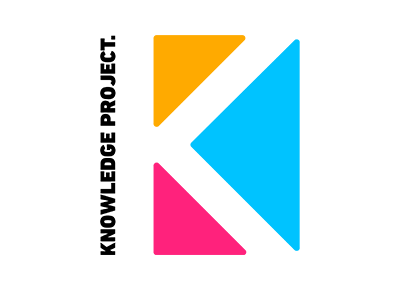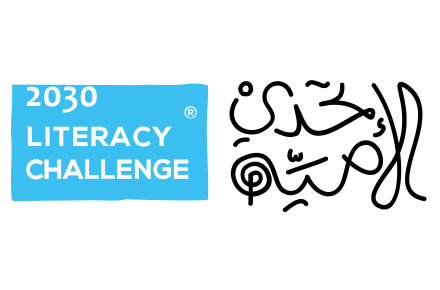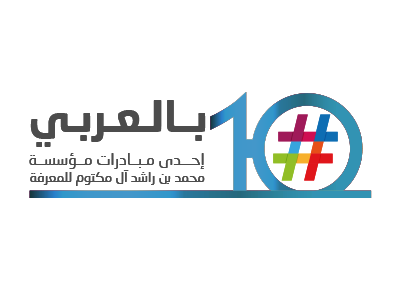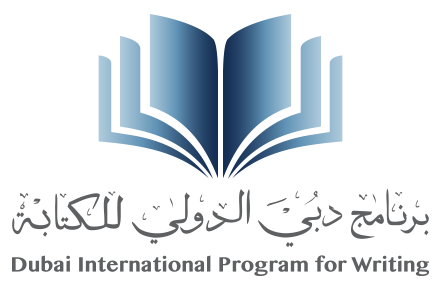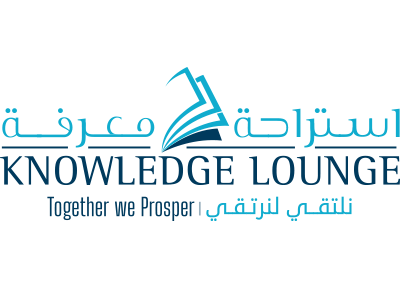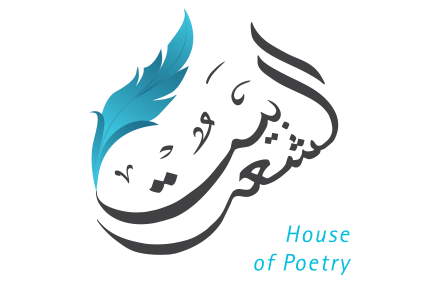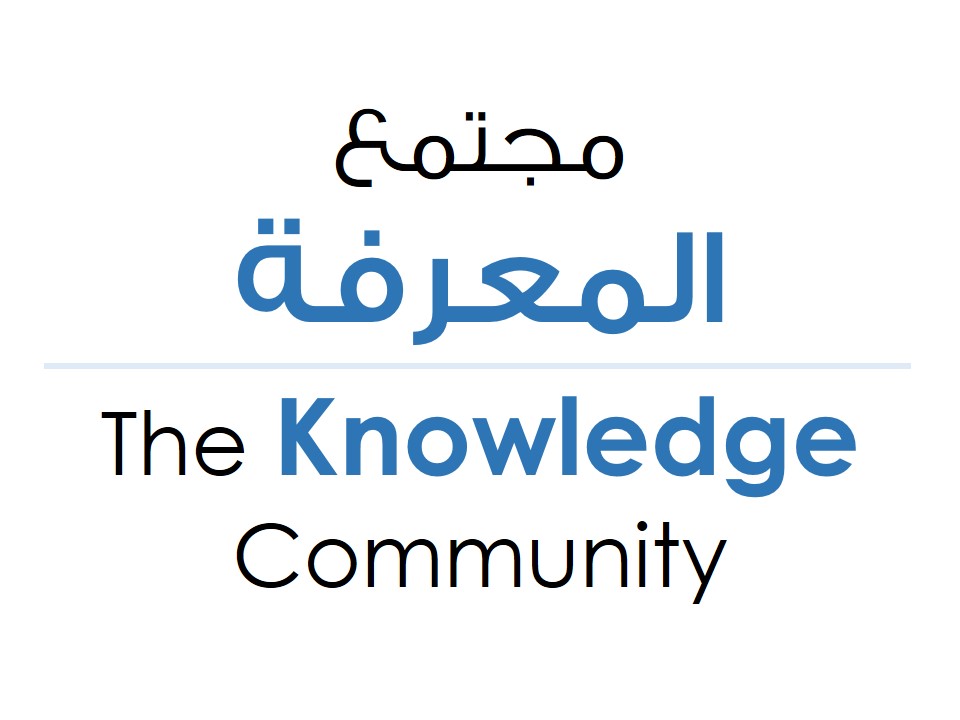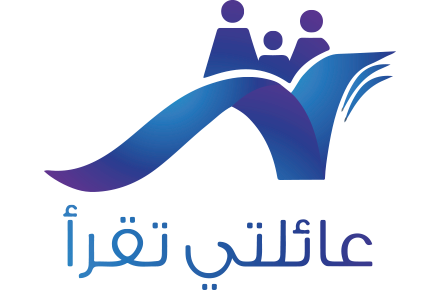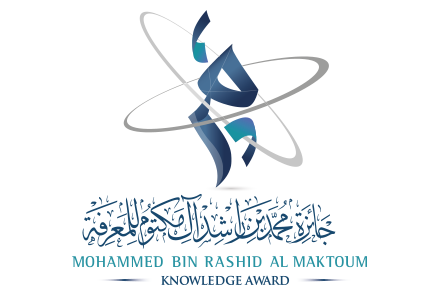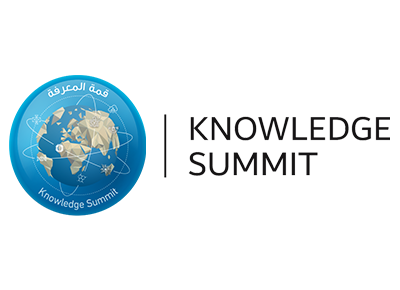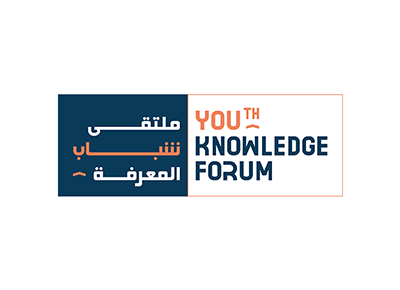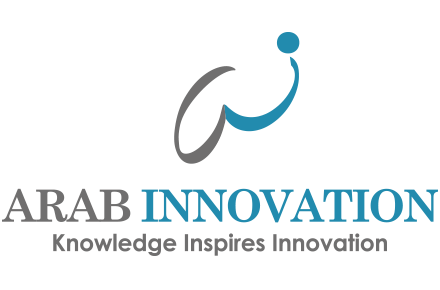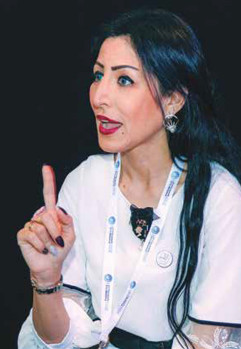Shams Al-Amr: Tolerance Councils Is My Next Project in Law
Jordanian-born judge Shams Abdullah Al-Amr is the first Arab woman to take up a judicial appointment at the International Court of Justice. She is also the representative of the International Court of Justice in the United Arab Emirates. She has a story of struggle and a challenge that stands behind all these successes.
On the sidelines of the 2019 Knowledge Summit. She talked about her ambitious journey in the world of law, the importance of knowledge to the judge, and the spirit of tolerance in international law.
Could you tell us about the importance of knowledge to the judge?
Knowledge plays a great role in shaping and defining the character of a judge. A judge is not only supposed to deal with the law but there is knowledge and culture behind the issues before him or her. When I participated last year in the Knowledge Summit, I benefited a lot from the knowledge and I worked on recording the information I got. It was a successful experience in crystallizing my character as a judge as well as private individual. I reached a conviction that as a judge it is not only my task to preserve the law and work with it but to understand it in a cognitive and sophisticated manner open to the world. International law is a broad sea of knowledge and information. All workers in the legal and judicial field must not limit themselves between laws and procedures but there is knowledge that stands behind everything mentioned.
We bid farewell to the Year of Tolerance in the UAE. In your opinion, how can we activate international law to be more tolerant?
The legal profession in general works in accordance to legal articles and judicial rulings. We can use the law in a flexible and humane way to be more tolerant. T o b e away f rom the r igor in issuing judgments and working to resolve disputes by conciliation embody the finest forms of tolerance in the judiciary. Here, we find the role of a judge who deals with opponents by using body language to know the strengths and weaknesses of each character, and to work to resolve disputes using the method of persuasion away from litigation.
It is well known that in litigation, some cases take time. Pleadings can extend for years, especially with regard to financial issues. Therefore, we work on understanding between the parties so that there is comfort and acceleration in the litigation procedures. Through this interview, I would like to announce my tolerance project, which will soon come to light in the world of law and litigation. It is represented by tolerance councils and will be circulated to international courts and later to courts in UAE so that understanding and dialogue between the opposing parties can be the beginning for any case.
What are the most prominent challenges you have faced as an Arab woman working at an international court?
There are many challenges I have faced from the moment I chose to study law and to be a judge. It was a difficult stage in which I found many challenges especially in a society which always asks how women will prove themselves in a male dominated field. But thank God I was able to overcome these obstacles because of my desire to prove myself, and because I liked this field. I am serious and strict in my career unlike my personal life.
To whom do you attribute your success?
Above all, my success is by the grace of God. As for excellence, I believe that a person cannot function effectively and successfully without real and serious support, which is the support that I received from my parents. As for insisting on success, it is a covenant and a promise I made to my late father. I obtained a master’s degree in international law from the American University, a master’s degree in criminal studies, and a doctorate in law at Ain Shams University. Then, I held various positions in the Arab world, including as a consultant in human resource governance, an expert in combating financial and administrative corruption, the Supreme Council for Combating Corruption, Adviser to the Arab Union for the Protection of Intellectual Property Rights, and an international judge for resolving diplomatic and consular disputes.
Do you think women help other women?
The conscious woman is the one who supports and encourages women to be an essential element for the success of another woman, and support may be in word. I can say that educated women are the greatest supporters of women. We, as Arab women, have to be proud of ourselves because we have defied all odds, have managed to overcome many obstacles, and we have become different and superior to our accomplishments and our ability to make decisions, prove self and compete with men in their jobs as well.
How did you excel in your field?
I worked differently. Not only did I study practical specialization but I also made sure to enroll in the training courses surrounding the law. For example, I underwent a course in the field of management and accounting errors, money laundering methods. I’ve also learnt about medical errors, and others. It provided me with the benefit and knowledge that helped me understand the law that governs us and what is going on around it.
Being the first Arab woman to serve as an international judge, is there greater ambition than that for you?
My ambition has no limits and every day there is a goal I aspire to achieve. I cannot limit my ambitions to a specific scope. It is possible for me to be a minister, and then the ambition is renewed and grows further. But I hope to live a life where I get the love of people away from problems, and deal with them in a humane way that satisfies my ambition.

